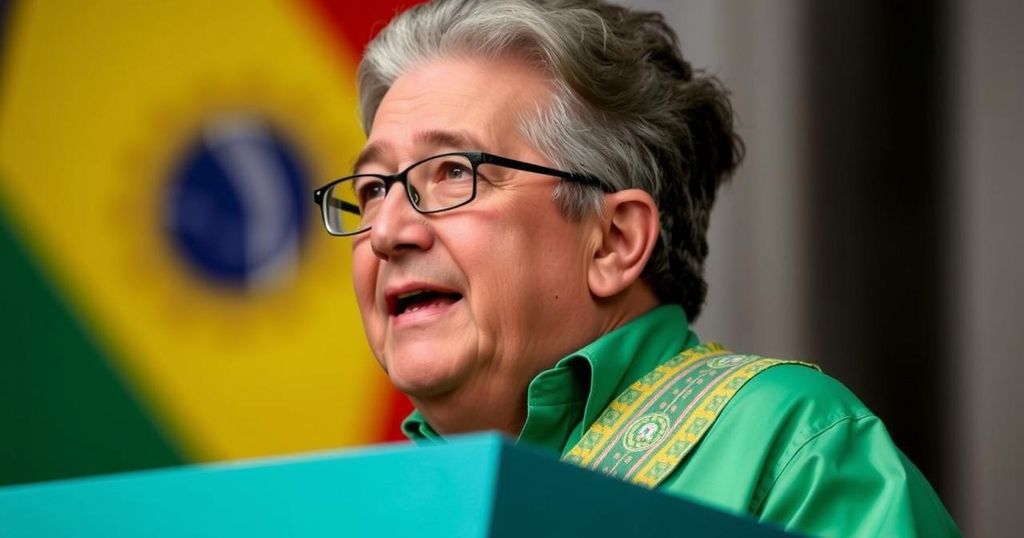Elections
ANDRES MANUEL LOPEZ OBRADOR, ASIA, ASSOCIATED PRESS, BOLIVIA, CONSTITUTIONAL COURT, CORRUPTION, CUBA, DEMOCRACY, EL SALVADOR, ELECTIONS, EV, EVO MORALES, GOVERNANCE, LATIN AMERICA, LOPEZ OBRADOR, LUIS ARCE, MEXICO, NORTH AMERICA, PHILIPPINES, SOUTH AMERICA, THE ASSOCIATED PRESS
Sophia Klein
Bolivia Prepares for Controversial Judicial Elections Amid Political Tensions
Bolivia is set to hold elections for top judicial posts amidst widespread voter apathy and controversy over electoral legitimacy. Critics argue that the system has become politicized, undermining judicial independence and creating political prizes rather than upholding legal integrity. Limited candidates in the current election and past cancellations have heightened concerns about election manipulation and lack of transparency in the judiciary.
In Bolivia, the controversial process of electing judicial officials is set to take place on Sunday, despite the prohibition of campaigning. Street-level tactics involving candidate promotion on consumer products and subtle messaging on official materials suggest that popular support is being sought amid widespread voter apathy. This unique system, a departure from traditional qualification-based nominations, has transformed judgeships into political commodities rather than esteemed seats filled based on merit. Critics assert this method has undermined regional democracy by allowing the ruling party to wield significant influence over the judiciary, which has also manifested in recent political maneuvers with President Luis Arce struggling against ex-President Evo Morales for control over judicial appointments. The upcoming elections are thus seen as inadequate, with only partial seats contested and the legitimacy of previous judicial elections facing skepticism.
Bolivia is distinctive in that it holds popular votes for its top judicial positions, a practice that has drawn both national and international scrutiny. Critics argue that such elections have politicized the judiciary, diminishing its role as a neutral arbitrator in legal matters. Historical context reveals a shift from a qualifications-based nomination system to one based on electoral popularity, raising concerns about judicial independence and the balance of power within the political landscape. This tension is further exacerbated by recent controversies surrounding the delay of elections, allegations of power plays involving the Constitutional Court, and challenges to the legitimacy of elected judges in past elections.
The imminent judicial election in Bolivia underscores the precarious balance between democracy and politicization within its judicial system. As the political landscape evolves post-elections, observers remain keenly aware of the implications for judicial independence and political accountability. Low voter turnout may indicate public disenchantment, reflecting broader concerns about the legitimacy and efficacy of an electoral system designed to uphold justice.
Original Source: www.voanews.com








Post Comment